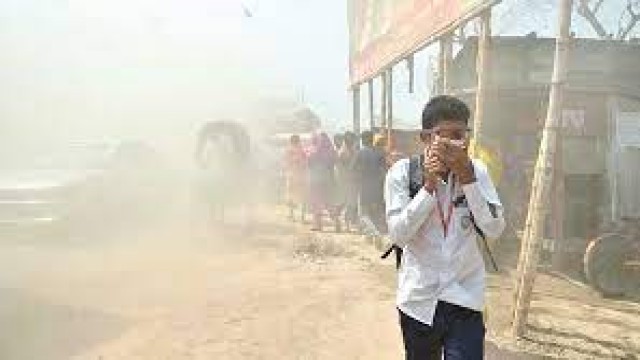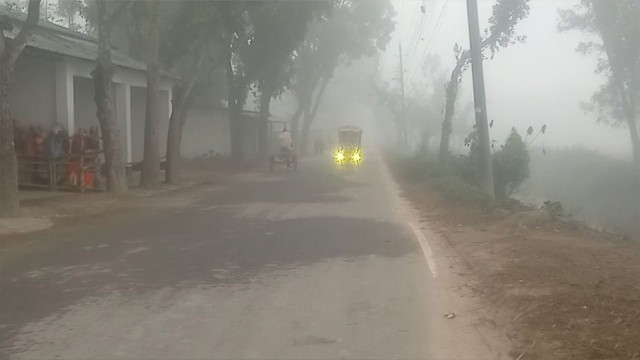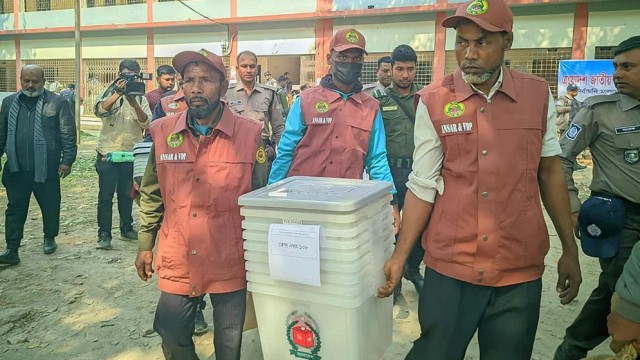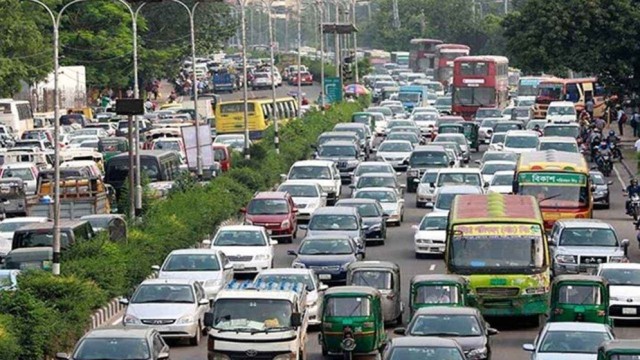For the second day in a row in the new year, Dhaka has maintained its top spot on the list of cities with the worst air quality in the world, with an AQI score of 256 at 8:45 am.
The air quality index for Dhaka today rated the city's air as "very unhealthy," putting citizens' health at considerable risk.
Kolkata, Delhi, and Karachi, Pakistan, with AQI scores of 250, 206, and 196, respectively, were the second, third, and fourth places on the list.
The air quality is deemed "unhealthy for sensitive groups" when the AQI value for particle pollution is between 101 and 150; "unhealthy" when it is between 150 and 200; "very unhealthy" when it is between 201 and 300; and "hazardous" when it is 301 or higher, posing major health risks to locals.
People may find out how clean or dirty a city's air is, as well as any potential health risks, by using the Air Quality Index (AQI), a daily reporting tool.
Bangladesh's Air Quality Index (AQI) is composed of five pollutants: particulate matter (PM10 and PM2.5), NO2, CO, SO2, and ozone.
Air pollution has always been a problem in Dhaka.
Usually, the winter months bring on unhealthy air quality, which then improves during the monsoon.
The World Health Organisation (WHO) estimates that air pollution kills seven million people globally annually, mostly as a result of higher mortality rates from heart disease, stroke, lung cancer, chronic obstructive pulmonary disease, and acute respiratory infections.






























Comment: